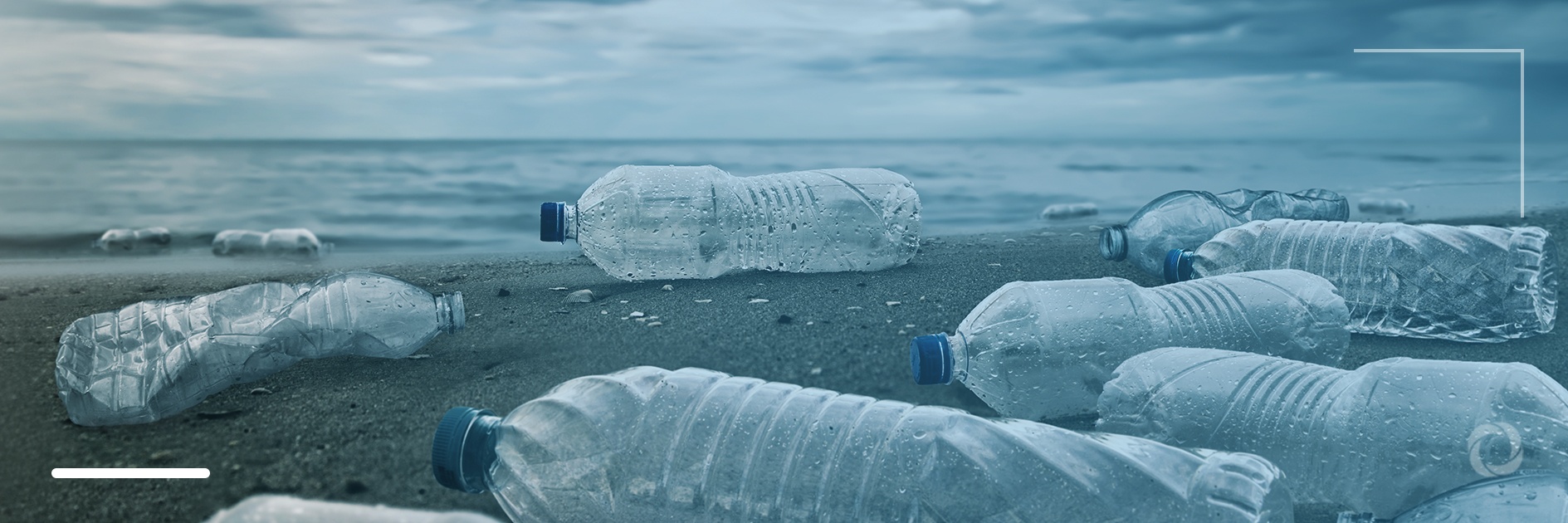Thirty countries from Asia, Africa, the Caribbean, Latin America, and the Pacific will benefit from training and technical assistance to diminish plastic pollution in seas and oceans. The 30 countries have joined the GloLitter project which aims to reduce the amount of litter coming from the maritime transport and fisheries sectors. The GloLitter project, launched by the UN Food and Agriculture Organization (FAO) and the International Maritime Organization (IMO), will be funded with US$4.5 million by Norway for the first three and a half years.
Welcoming the participants in the project, Jose Matheickal, the head of the IMO’s Department for Partnerships and Projects, said: “Marine litter is a scourge on the oceans and on the planet. I am delighted that we have more than 30 countries committed to this initiative and working with IMO and FAO to address this issue.”
For his part, Manuel Barange, FAO’s Director of Fisheries and Aquaculture, noted that plastic litter had “a devastating impact on marine life and human health”. He, therefore, viewed the initiative as “an important step” in dealing with this issue and voiced conviction that it “will help protect the ocean ecosystem, as well as the livelihoods of those who depend on it”.
Apart from delivering technical assistance, the IMO intends to persuade the partnering countries to take into consideration the enforcement of the International Convention for the Prevention of Pollution from Ships (MARPOL) which facilitates the prevention of pollution as this law prohibits the discharge of plastics (including fishing gear) from ships into the sea.
The participating countries will have different statuses within the project. Ten will be lead partnering countries – Brazil, Costa Rica, Cote d’Ivoire, India, Indonesia, Jamaica, Kenya, Madagascar, Nigeria, and Vanuatu. The other 20 will be partnering countries – Argentina, Cabo Verde, Colombia, Ecuador, the Gambia, Mozambique, Nicaragua, Panama, Peru, Philippines, Senegal, Sri Lanka, Solomon Islands, Sudan, United Republic of Tanzania, Thailand, Timor-Leste, Togo, Tonga, and Vietnam.
Oceans and seas cover over 70% of the Earth’s surface and represent a vital ecosystem determining the quality of life of millions of people on a daily basis but pollution and overfishing have disrupted their gentle balance. The International Union for Conservation Nature has assessed that at least 8 million tons of plastic waste end up in oceans every year, while the UN estimates that as much as 640,000 tons of abandoned fishing gear is dumped into the ocean annually, accounting for 10% of all plastic waste to be found in the oceans every year. The Great Pacific Garbage Patch in the Pacific Ocean, estimated to extend to a surface area of 1.6 million sq. km, can be seen from space and it is still growing.


